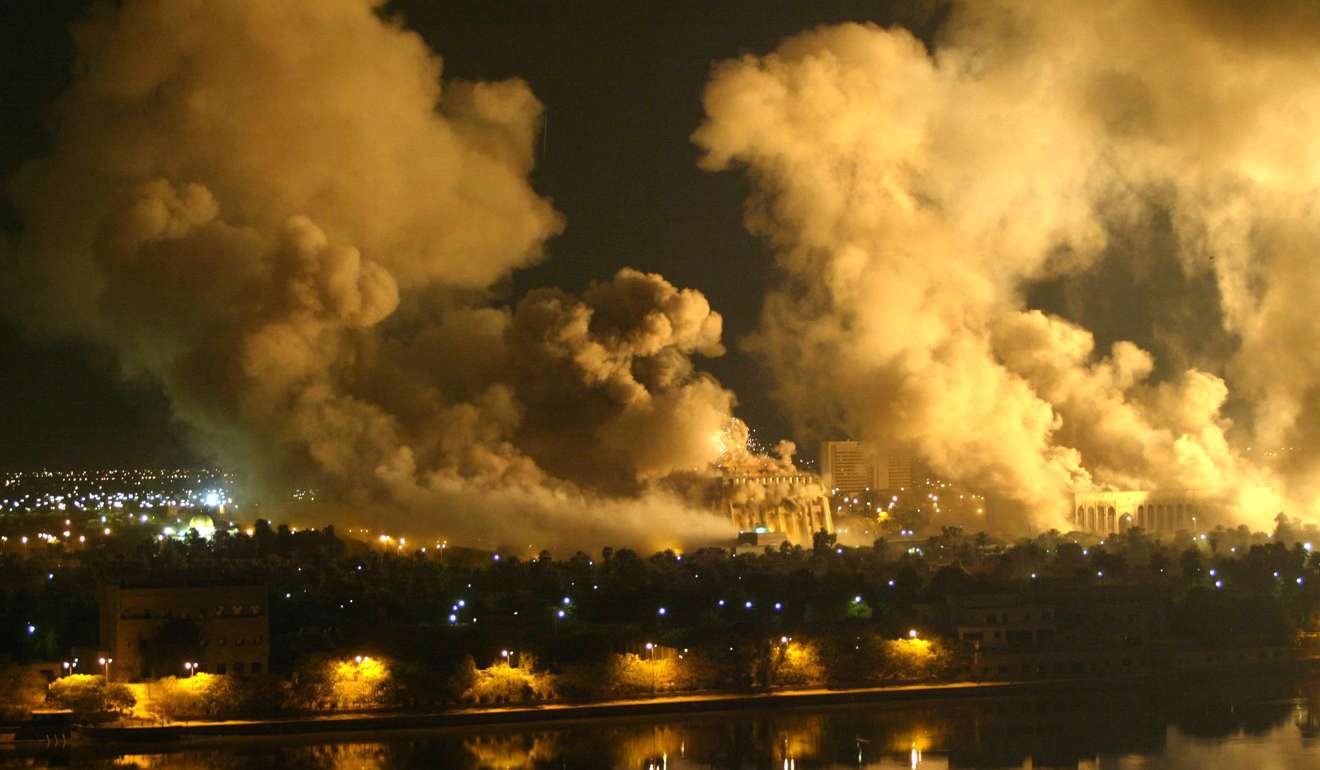
Islamic State a product of foreign intervention, most Arabs believe
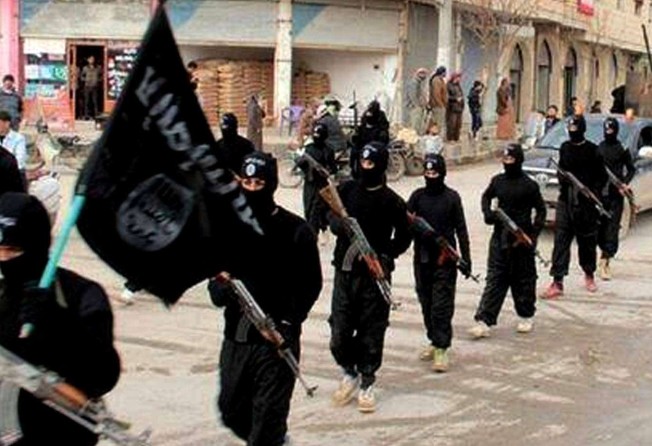
The majority of respondents in 12 Arab countries – 58 per cent – say Islamic State is the product of foreign intervention and policies, according to a recent survey by the Arab Centre for Research and Policy Studies, based in Qatar.
Only 29 per cent of participants attributed the existence of Islamic State (IS) to internal conflicts in the Middle East, according to the fifth annual Arab Opinion Index 2016, which measures public opinion across the Arab world. At the same time, almost half – 43 per cent – said IS is a product of religious extremism and fanaticism in the Middle East.
Middle Eastern experts said many Arabs believe the US invasion in Iraq in 2003 led to the formation of IS.

“The origins of IS are in Iraq, and the US invasion and occupation created the conditions that made this possible, including de-Baathification and promoting sectarianism,” Mark Tessler, political science professor at University of Michigan, said, referring to the removal of the Baath Party from power.
“The majority of the Arabs think that the US invasion to Iraq was a huge mistake, primarily driven by American interest in controlling the oil fields,” said Mustafa Gurbuz, non-resident analyst at the Arab Centre Washington DC, and adjunct professor in Arab World Studies at American University.
The origins of Islamic State can be traced back to the Sunni insurgency, led by al-Qaeda in Iraq, against the Shiite-dominated government that replaced Saddam Hussein. While Hussein’s government was secular, it was largely dominated by Iraqi’s Sunni minority.
These “provided vulnerable conditions in which the very extreme fringe minorities who likely experienced oppression and marginalisation were able to gain territory and control,” said Tamara Kharroub, assistant director at the Arab Centre Washington DC.
The Arab Opinion Index 2016 was conducted in 12 countries: Algeria, Egypt, Iraq, Jordan, Kuwait, Lebanon, Mauritania, Morocco, Palestine, Saudi Arabia, Sudan, and Tunisia. The report surveyed 18,310 respondents face-to-face.
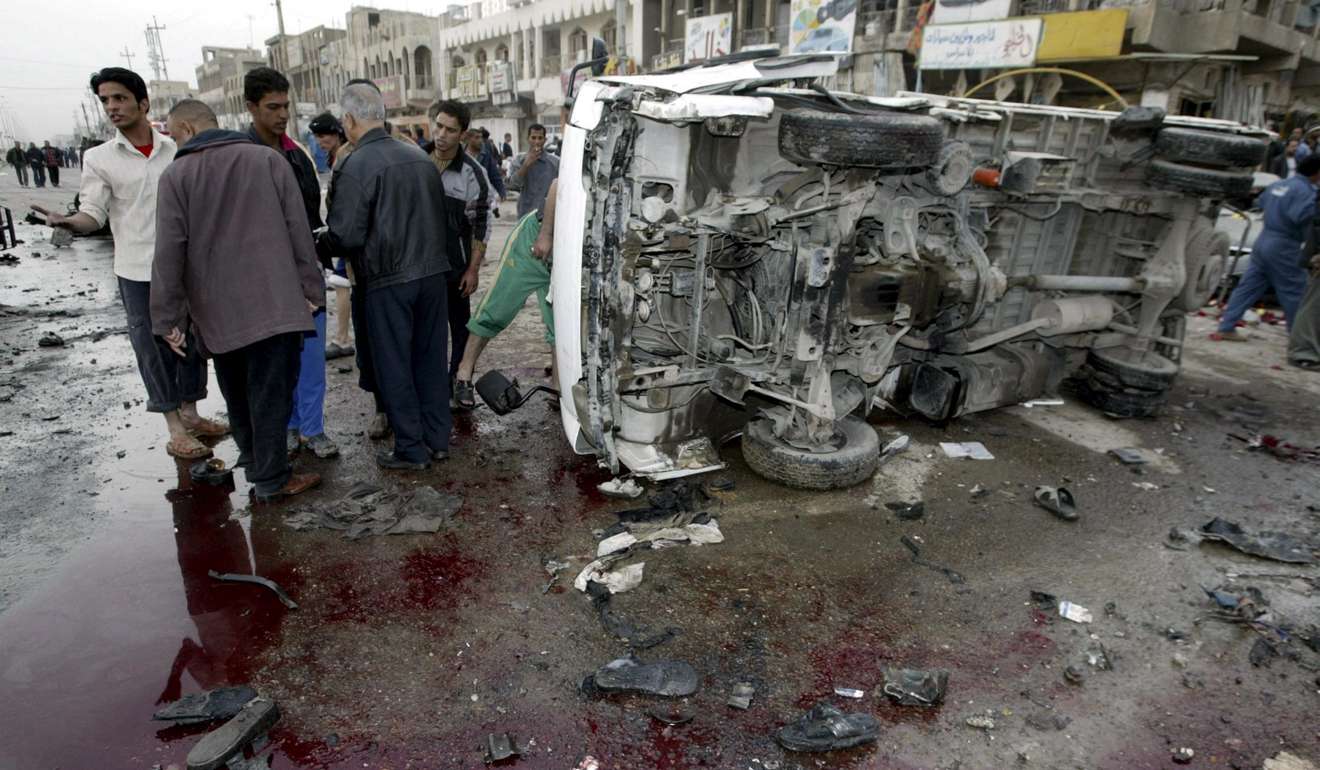
The survey also found 89 per cent of respondents have negative views of IS, while 5 per cent had positive views. A respondent’s religious beliefs were not a factor in whether they had positive or negative views.
“Support for IS is marginal among Arabs, which is consistent over the years. For Arabs, IS is too extreme and can never be compatible with their everyday Islam,” Gurbuz said. He also said extremist groups typically target marginalised youth who are a fringe minority in society.
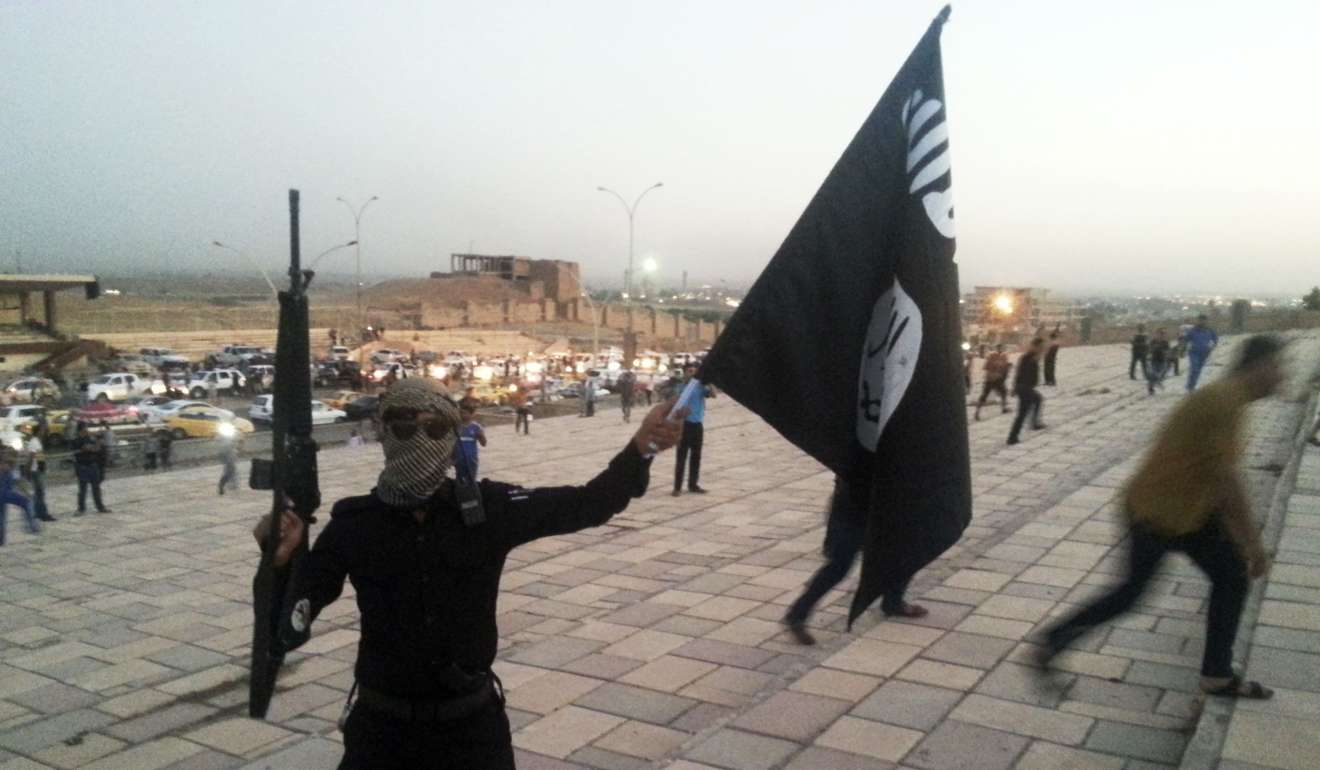
“The fact that people in the West are surprised by this fact is more surprising than the data itself. The group and its actions represent a brutal terrorist group and criminal activities, which are generally not viewed positively by human beings,” Kharroub said.
Survey respondents said the best way to combat IS was using military efforts (17 per cent), followed by ending foreign intervention (15 per cent). Other options involved resolving the Palestine question (14 per cent), democratic transition (14 per cent) and dealing with the Syrian crisis (12 per cent).
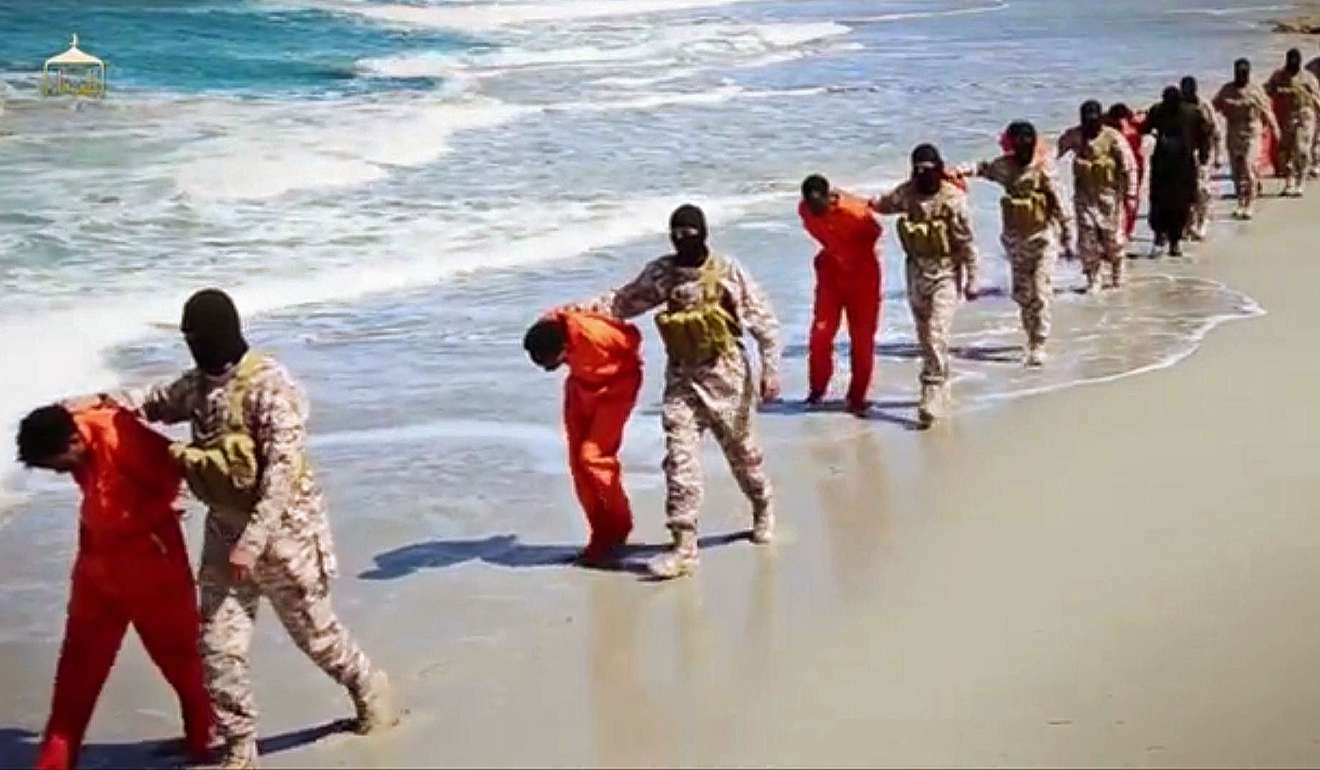
Kharroub said any plan to defeat IS must address factors that caused the rise of the extremist group, such as military control and oppression of local populations and a lack of human rights and democratic principles. The economy is also key, Kharroub said, and employment opportunities should be provided for young people.
“Military efforts alone, without addressing the living conditions of the local populations and while using excessive force, even if they succeed in defeating IS, will create conditions that enable the rise of new offshoots and other extremist and violent groups,” she said.